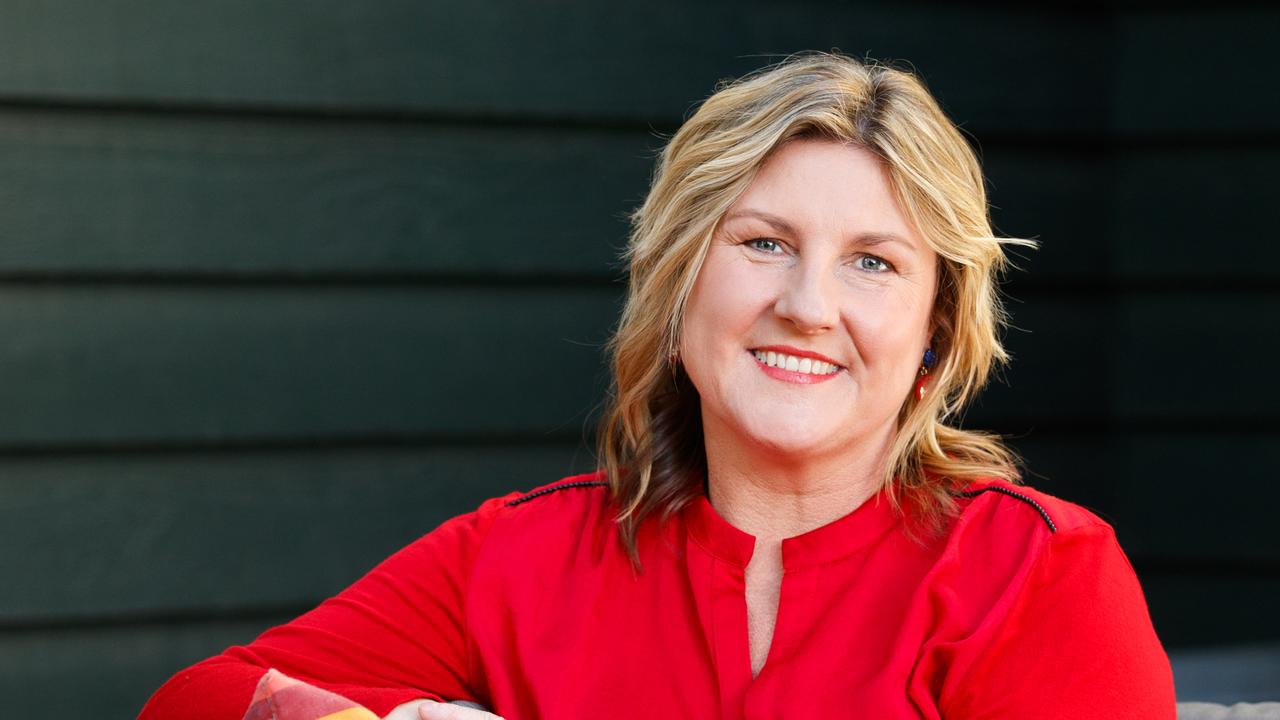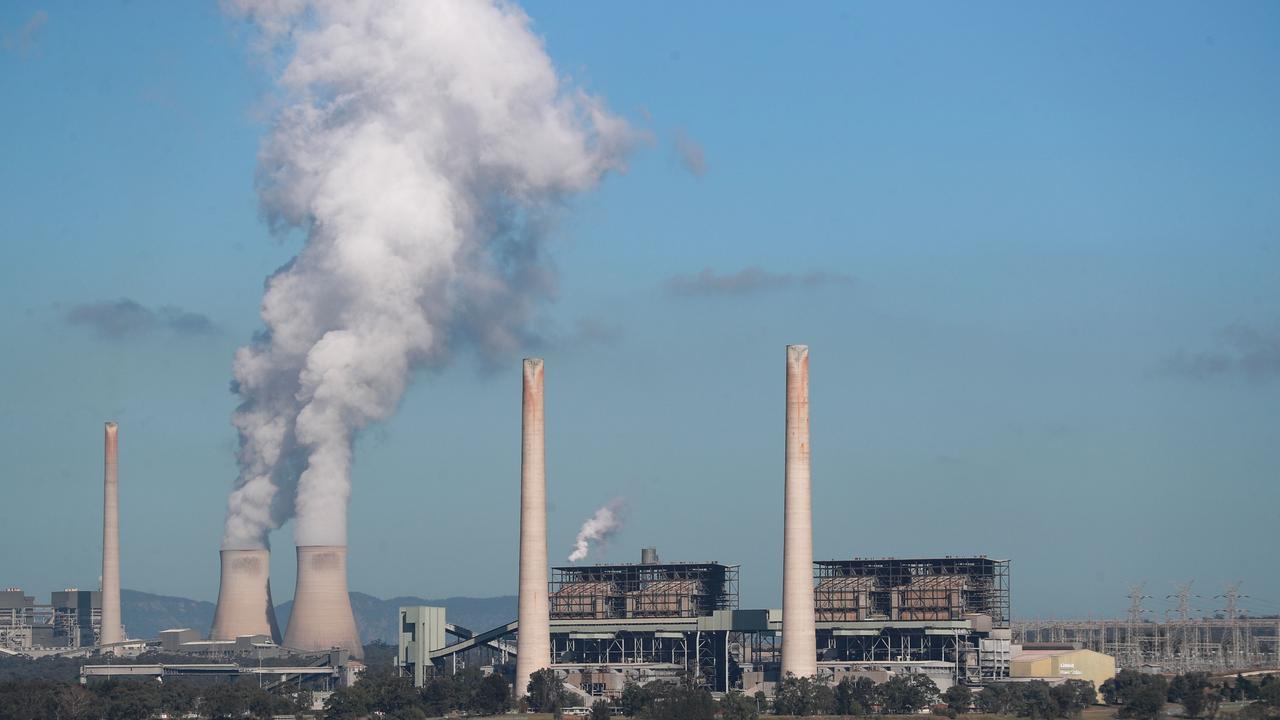Where most of NSW’s coronavirus cases are spreading as lockdown extended
The NSW Premier has named the areas where Covid is spreading most as the state records four more deaths and 466 new cases.
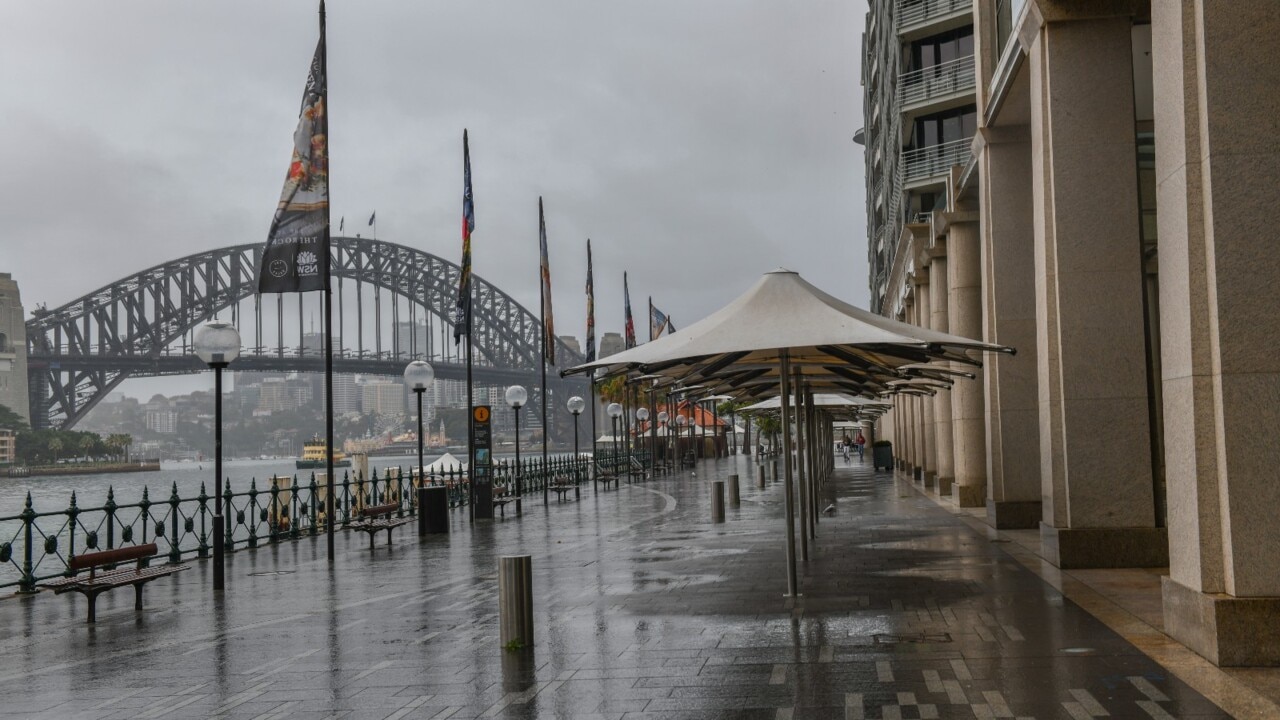
The NSW Premier has highlighted the key areas in Sydney and regional areas where Covid-19 is spreading most, as the state recorded its highest daily figure since the start of the outbreak.
Four people died of coronavirus and 466 cases were recorded in New South Wales on Saturday.
Premier Gladys Berejiklian said there were a handful of areas “seeing the largest areas of growth”.
“I really want people in these communities to take heed; Blacktown, Doonside, Mount Druitt, Merrylands, Guildford and Auburn,” she said.
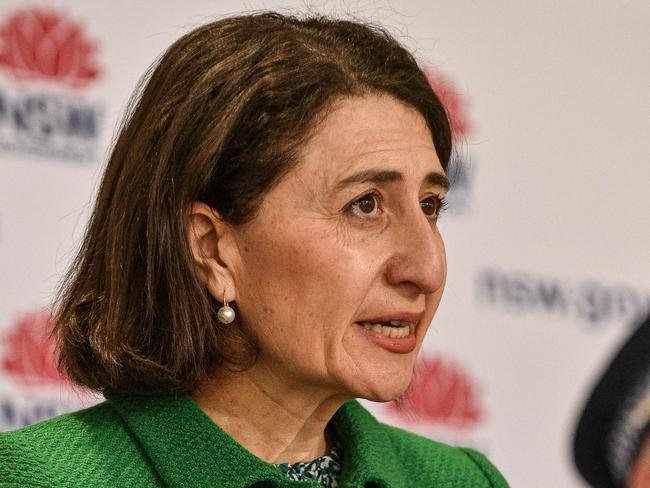
The premier said things were also on a “concerning” upwards trend in western New South Wales, Dubbo and the surrounding areas.
The region saw 26 cases overnight and Ms Berejiklian said “it is likely” health advice would see the lockdown extended, with surrounding local government areas likely to be included.
“I suspect we will get that advice later today,” she said.
In the regional area of Hunter New England there were 16 cases overnight but Armidale, Tamworth and the Northern Rivers remained at zero.
Despite this, the lockdown for those areas was extended for seven days.
“While those three areas have had zero cases, the community of Armidale will be asked to stay in lockdown for at least the next week,” the Premier said.
This was to ensure there were no undetected cases, the Premier said.
Deputy chief health officer Jeremy McAnulty said cases emerging in the state’s west were “primarily affecting Dubbo and Walgett”.
“Public health units are working very hard ... with the community to make sure that people are tested and identified should there be cases.”
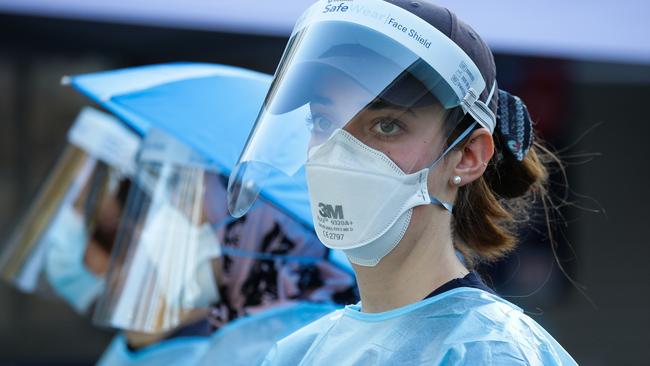
Lockdowns in NSW’s regional areas have largely been blamed on Sydneysiders not following health orders during the city’s own stay-at-home orders, with police on Saturday given new powers to crack down on those not abiding by the rules.
Police Commissioner Mick Fuller said the new powers were necessary as residents continued to exploit loopholes in the existing restrictions, putting the state at further risk.
“The feeling from police, the evidence from police on the ground that the rorts were around people entering regional New South Wales, not for a proper purpose,” he said.
“So we see the permit system strengthened in relation to that. The singles bubble, exercise and recreation collectively were consistently used excuses for people moving around.”

